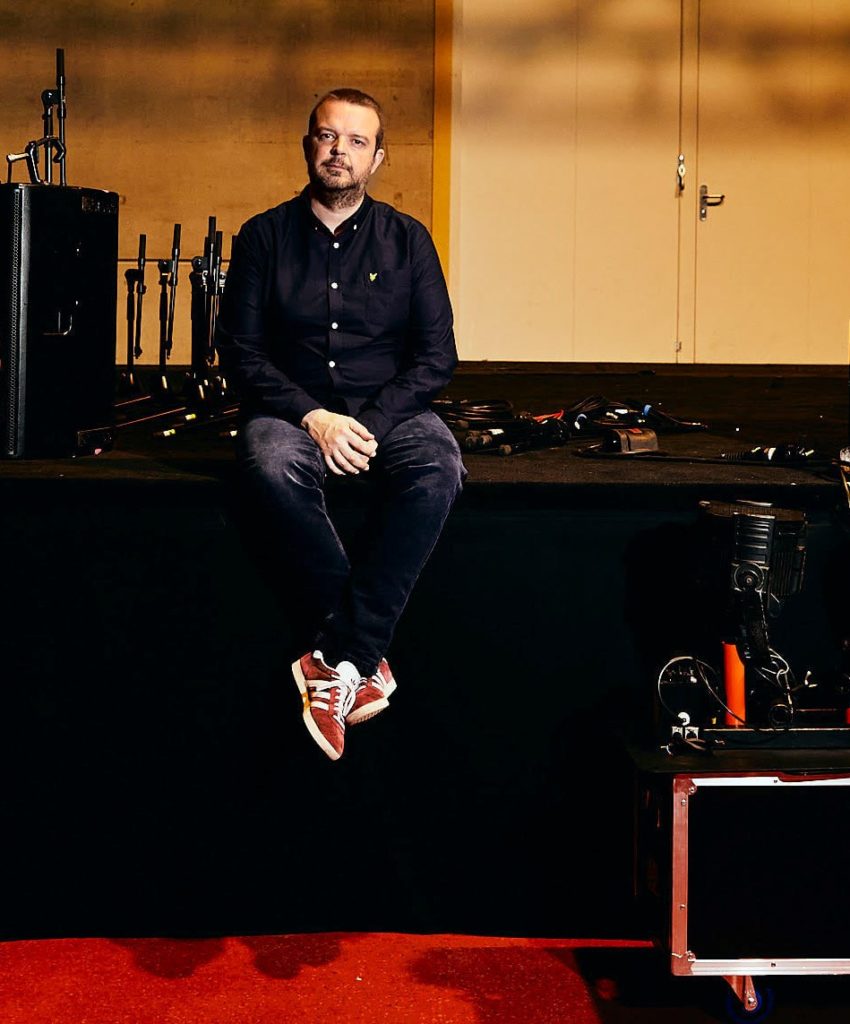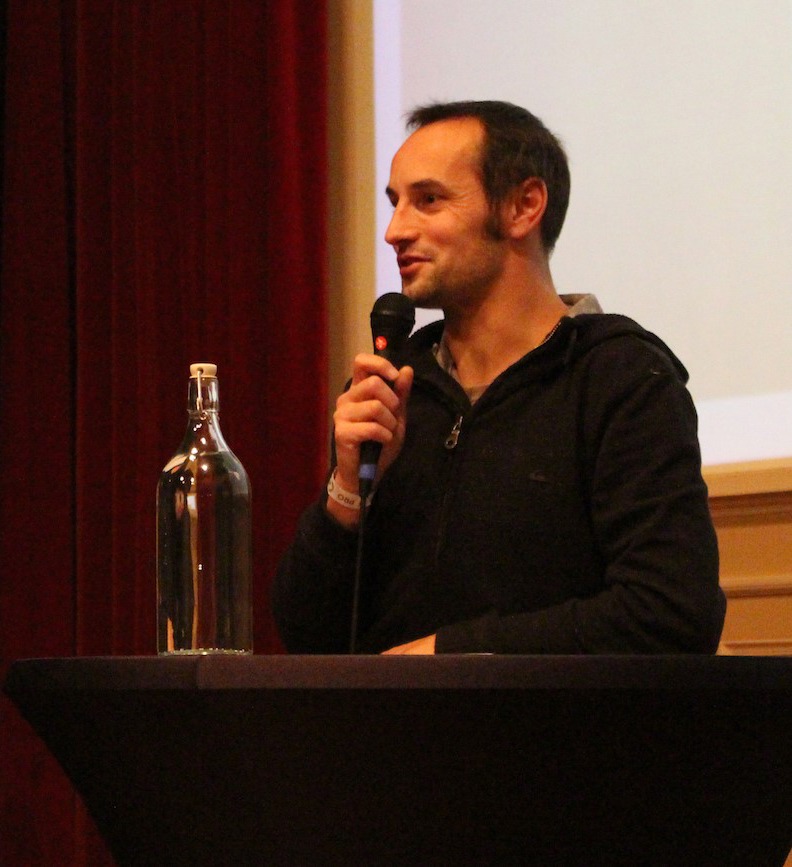“It’s really important for us to be at the forefront on the sustainability and inclusion questions, to inspire others and help with all these things. If we don’t have a sustainable future, we may not have a future at all.”
Communication Officer
-
On the 3rd of April 2020, Music Policy Forum organised an online free Music Cities Together conference, with Mark Davyd from Music Venue Trust (UK), Kwende Kefentse researcher on “music ecosystems” from the City of Ottawa (CA), Don Pitts and Michael Bracy from the Music Policy Forum (US). The conversation evolved around music policies in…
Read»
-
Over 40 music organisations join forces to call for EU and national investment to address the current Covid-19 Crisis and promote diversity.
Read»
-
Live DMA supports Culture Action Europe’s letter pointing out the effects of the Covid-19 Sanitary crisis on networks & cooperation projects supported by the Creative Europe programme and on the European Culture & Creative Sectors.
Read»
-
The global outbreak of COVID-19 required governments in Europe to react fast and order precautions to avoid the spreading of the virus. The measures taken restricting social gatherings in particular, creates a high degree of uncertainty among the actors of the live music sector. The shut-down or reduction in activities in order to meet the…
Read»
-
Last update: 27/05/2020 – 16:00 The shut-down or reduction in activities in order to meet the requirements to prevent the virus from spreading has a dramatic effect on the cultural sector, and the small live music organisers in particular. The economic situation of live music venues, clubs, and festivals is already very fragile as they are very dependent…
Read»
-
Lack of visibility of women and gender minorities working in the live music sector, positions who are still very gendered… The live music sector has room for improvement regarding gender diversity. Navigate the slides below to find information on the obstacles the live music sector encounters to implement a true gender equality within its workforce…
Read»
-
The European Music Council, of which Live DMA is a member, have hosted an online webinar on the Cultural Policy of the EU. This one hour and a half long video gives information on: The different European institutions and their role in deciding on the EU budget, priorities and programmes. The ongoing negotiations for the…
Read»
-
Live DMA welcomes Live Music Estonia (Live ME) as a full member. The European network counts now 20 members in 16 countries. Live Music Estonia (Live ME) is a live music branch of Music Estonia (ME), music industry development centre and export office Music Estonia. Live ME was founded in August 2019 by and for…
Read»
-
Freemuse is an independent international organisation advocating for and defending freedom of artistic expression. In 2020, they released the report on “Security, Creativity, Tolerance and their Co-Existence: the New European Agenda on Freedom of Artistic Expression”. This report, after clearly defining what is “freedom of expression” and the crucial social and political roles of artists,…
Read»
-

-

“It’s all about sharing and cooperation!”
-

“We need organisations like Live DMA to support our activities. During COVID, it was important to have Live DMA meetings so that we could learn what was going on in the other countries, and that was very helpful when it came to the lobby work on the local level”
-

“We have been celebrating the 10th anniversary of Live DMA, a network which was created in 2012 by venue networks from all over Europe. The purpose was to share knowledge and skills with each other, and to set up common projects, and I think we’ve succeeded in doing that!”
-

“I learned to collect and process data with good quality, and also I learned the importance of data to start a dialogue with institutions. Good data gave ACCES a lot of recognition”
-

ʻʼThanks to Live DMAʼs Survey, we showed our government that the more a venue is subsidized, the more money they generate. The Ministry of Culture had little knowledge of our sector. So to present these figures from different European countries was crucial in re-valorising our subsidies.”
